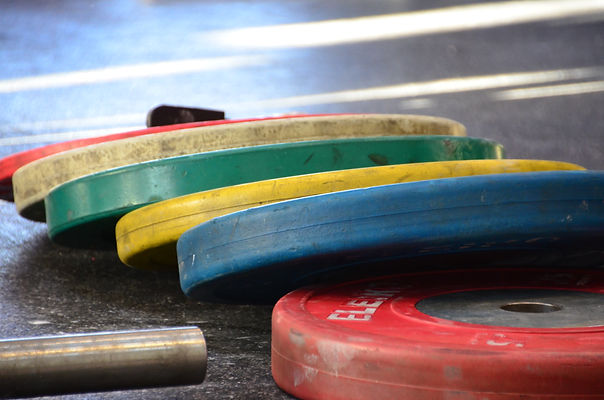Should You Workout After a Game
- Jun 20, 2016
- 2 min read
For many competitive teams, it can be hard to get in enough training sessions with long seasons and all the travel. This is especially true for teams that play more than one game per week. In an effort to facilitate optimal recovery, athletes often take the day off after a game to rest. Traditionally this is believed to speed recovery and allow them to return to their sport fresher for the next week… but is this true?
Well a group of researchers aimed to look at this in hopes of creating a best practice with regards to post competition training. Time is often a limited for strength and conditioning coaches in season, so if we can find additional training opportunities that will not impair the recovery of our athletes then it is in our best interest to utilize these opportunities.

The Journal of Strength and Conditioning recently published a study ahead of print that targeted training the day after a game and its effects on recovery. The study used 12 resistance trained males who either performed a resistance training session consisting of 3 sets to failure with 70% of 1RM for 5 different exercises, or 15 minutes of controlled rest. This session was done the day after an exercise induced muscular damage workout, which included 5 sets of 15 reps of negative hamstring exercises. To monitor muscle damage, creatine kinase, perceived muscle soreness, and single leg jump performance were measured immediately post and at 24 hours and 48 hours after. This session was supposed to simulate muscle damage that may be sustained in a sport of mostly lower body contractions.
Workout After a Game Recommendations
The study concluded that the inclusion of upper body exercise following the lower body dominant training day, accelerated recovery of the slow eccentric movements. None of the other variables were changed by the inclusion of upper body lifting. This is important, as it shows that training the day after a game that is primarily lower body dominant will not impede the recovery of any system, and may even enhance recovery with regards to eccentric movements. Thus, this provides athletes an extra opportunity to train during their season. Athletes can utilize after game workouts to get some extra upper body work in and maintain or increase upper body strength during their season. If we utilize this information we can conclude that athletes and teams can train the day after the game, as long as it is mostly upper body work without any negative effects on recovery or subsequent performance. This offers teams and strength coaches a way to ensure that their athletes’ training volumes stay up even in season when they tend to dip down.





Totally agree — working out after a game can be a tricky call. Depends on your intensity and recovery goals. Sometimes active recovery feels better than full rest. Personally, after matches, I cool down mentally with something light like gaming on my phone. Been using willbet download, the official mobile app for casino and live games. It’s licensed and safe, which helps me switch off without stressing my body. Little post-game decompression for the brain, you know? Keeps both muscles and mind balanced.
Deciding whether to work out after a game is always tricky. Recovery and performance go hand in hand, and understanding your limits is key. Canadian athletes know that smart choices matter as much as hard training. For fans looking to engage with the action, the Stake app is a solid option. Download mobile app Stake in Canada to bet on live sports, eSports, or enjoy casino games. It’s safe, fast, and interactive, making it a great companion for anyone who wants to experience games in real-time while adding a little excitement.